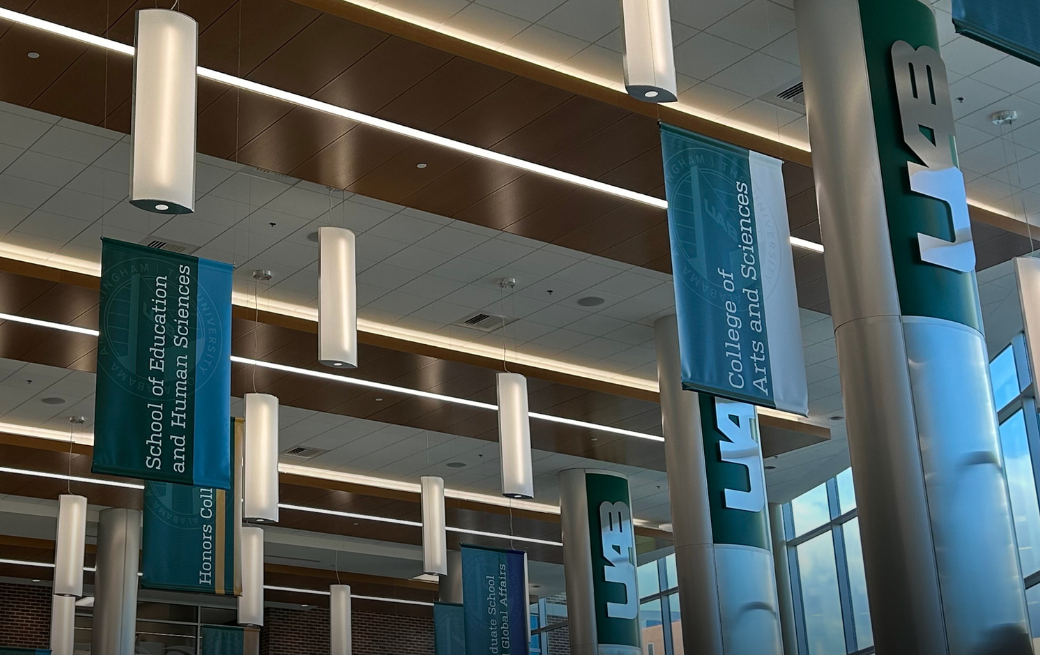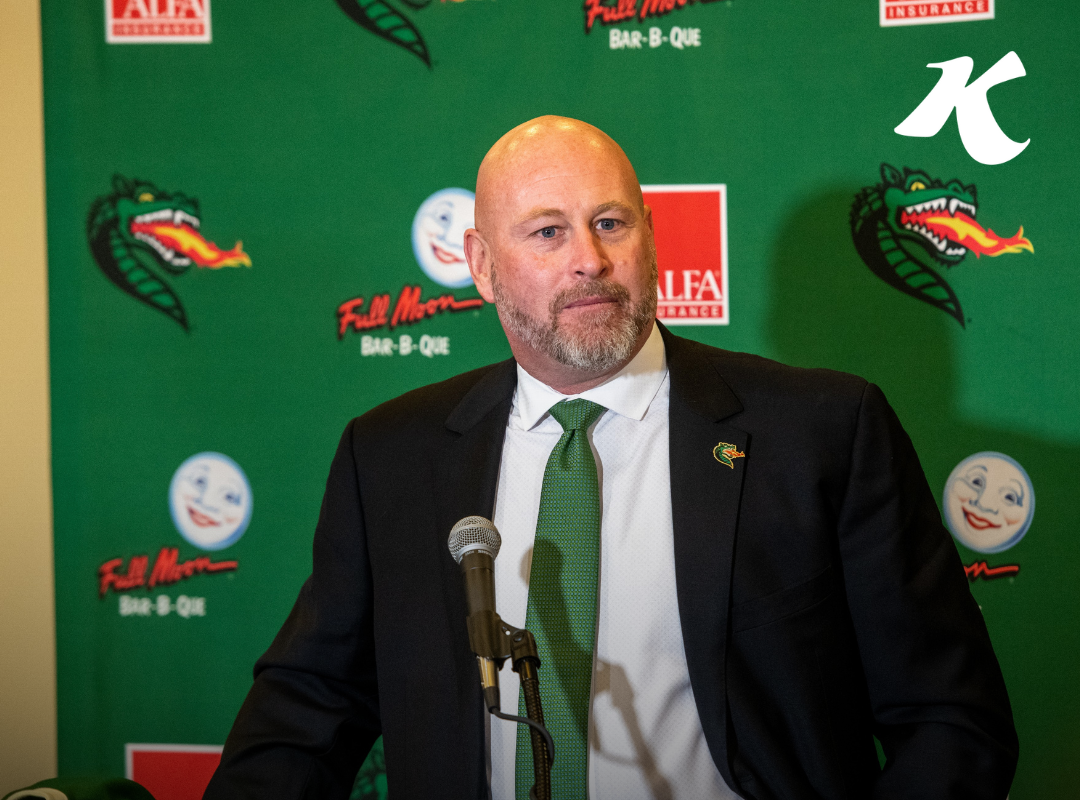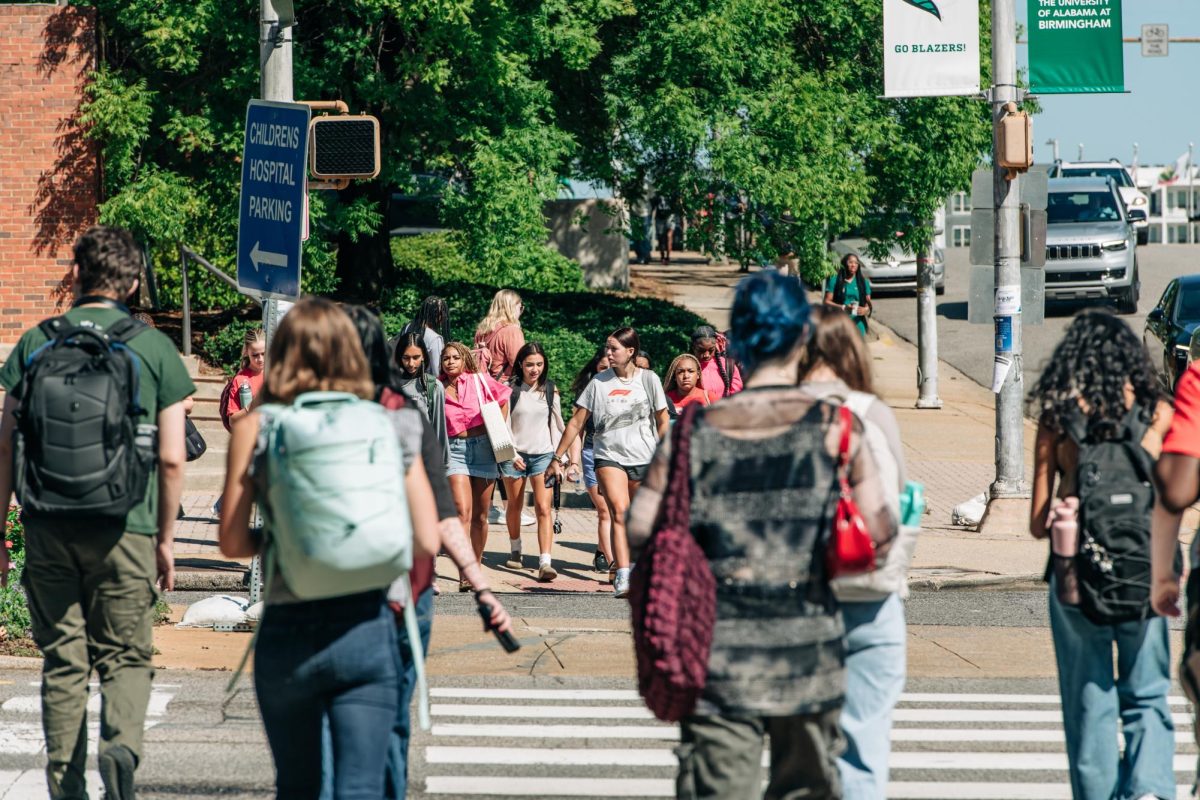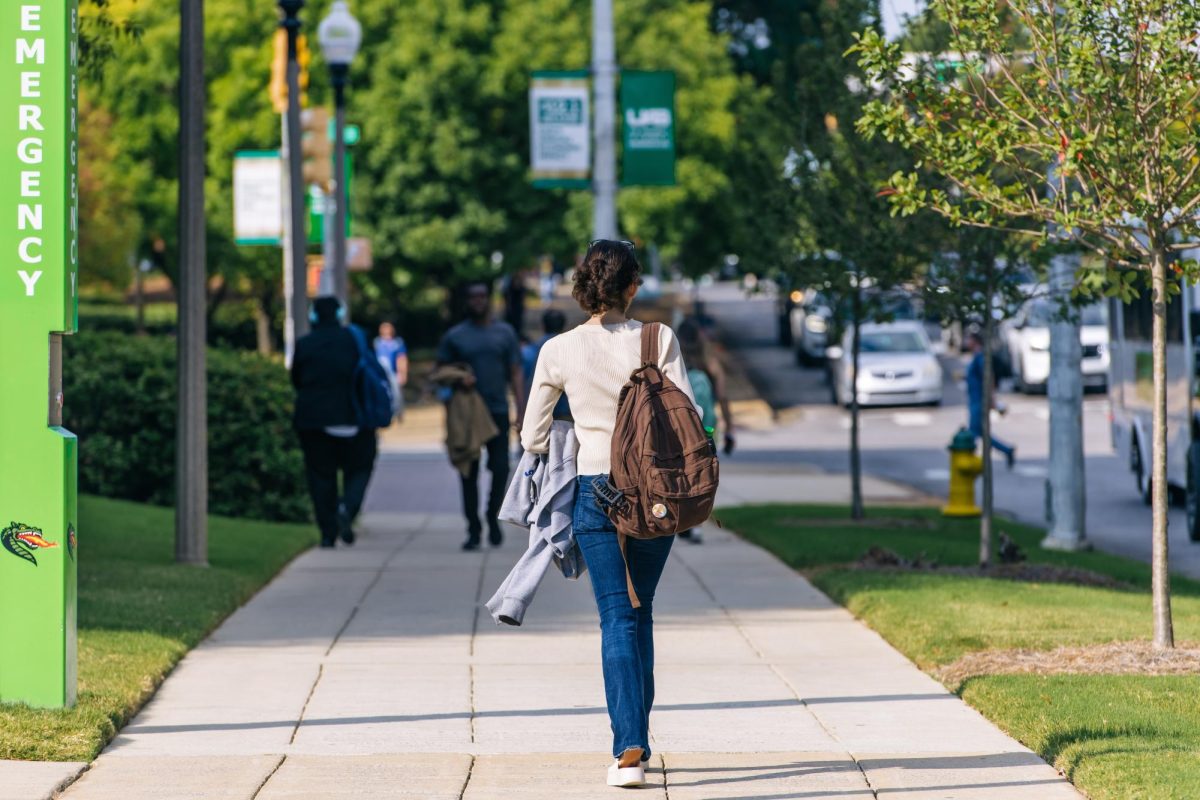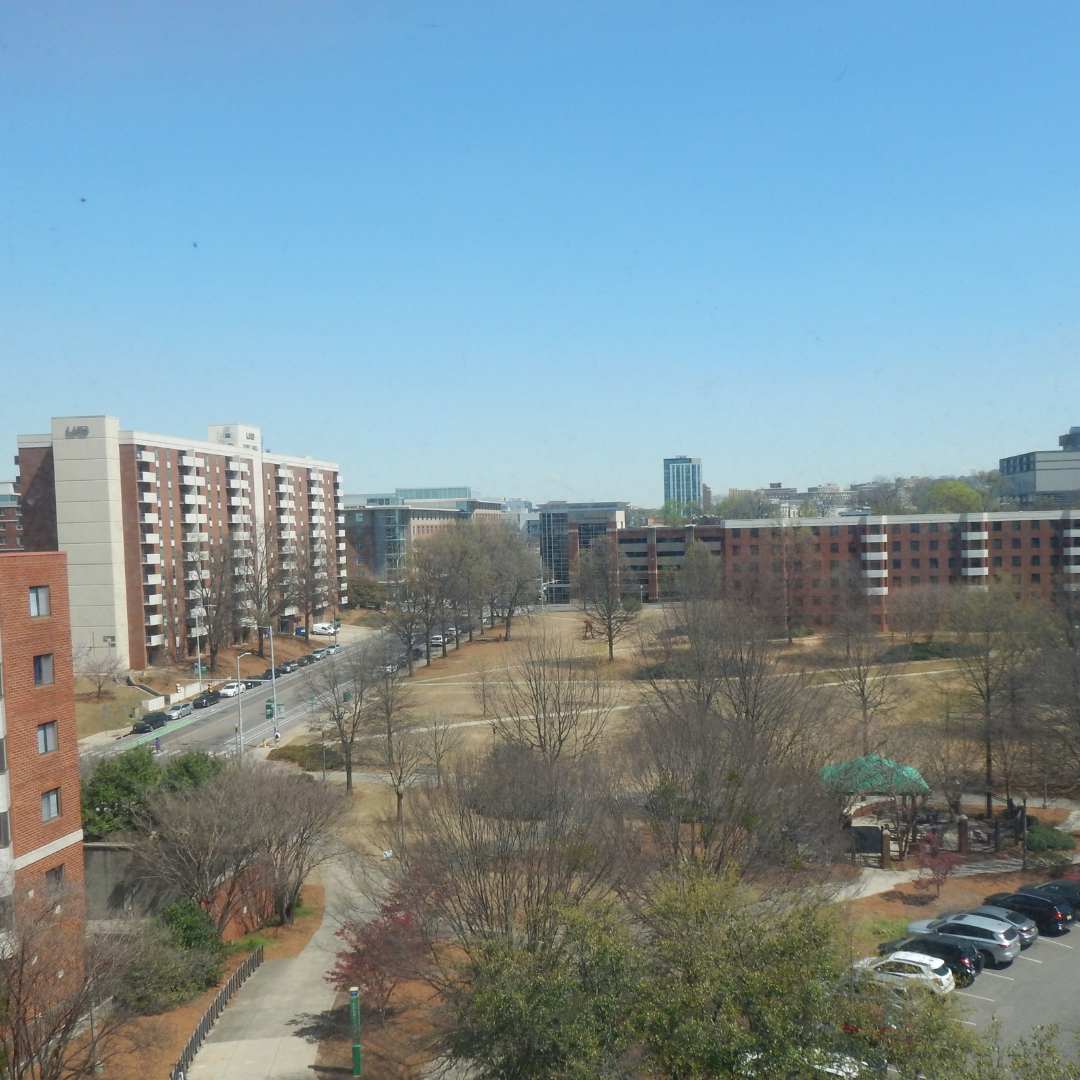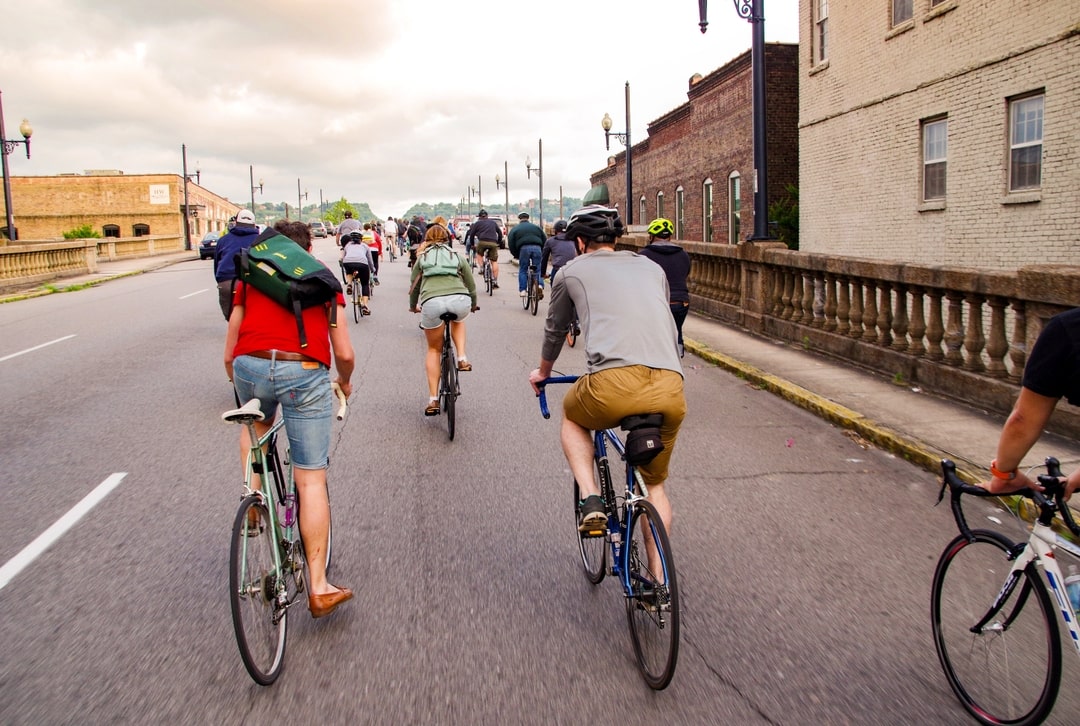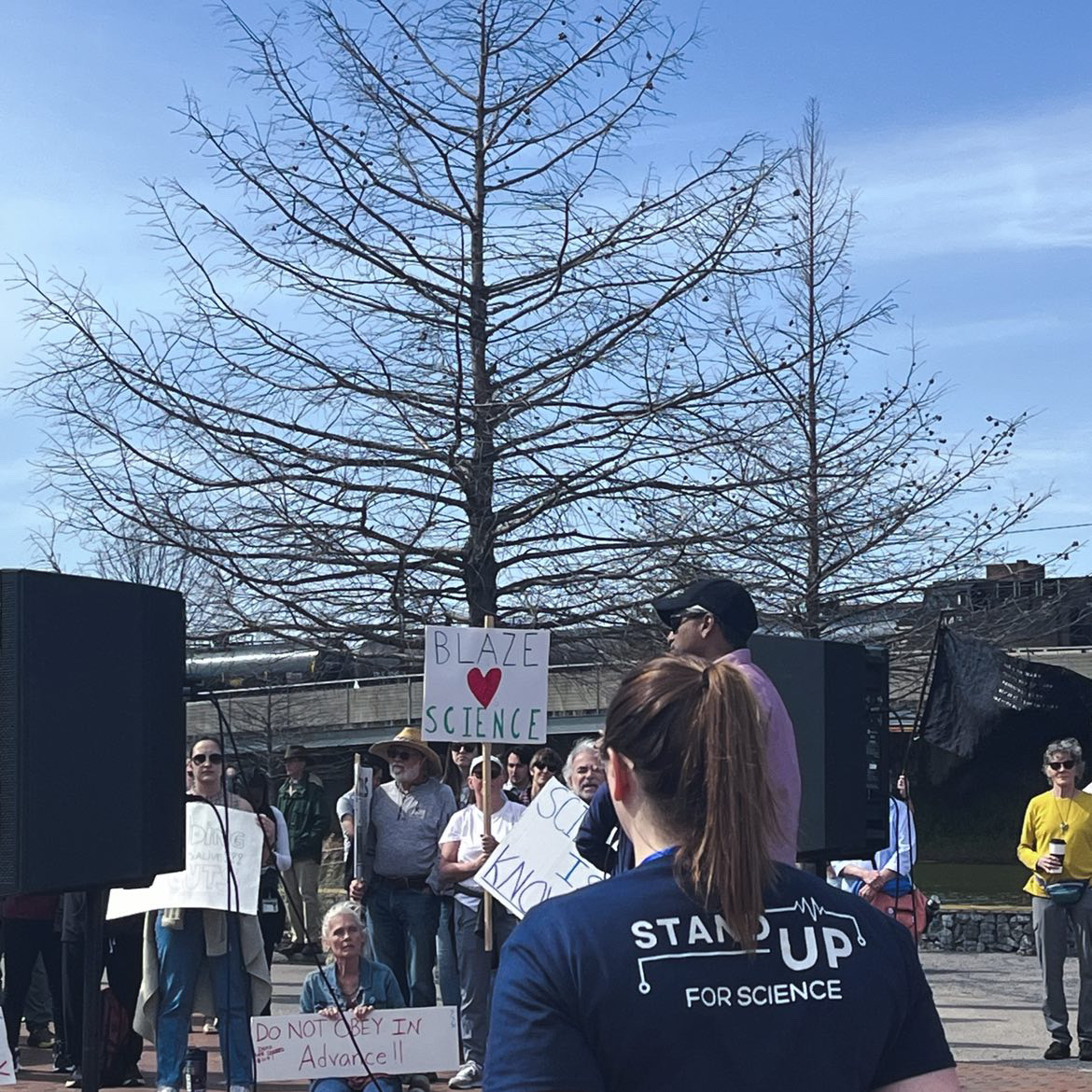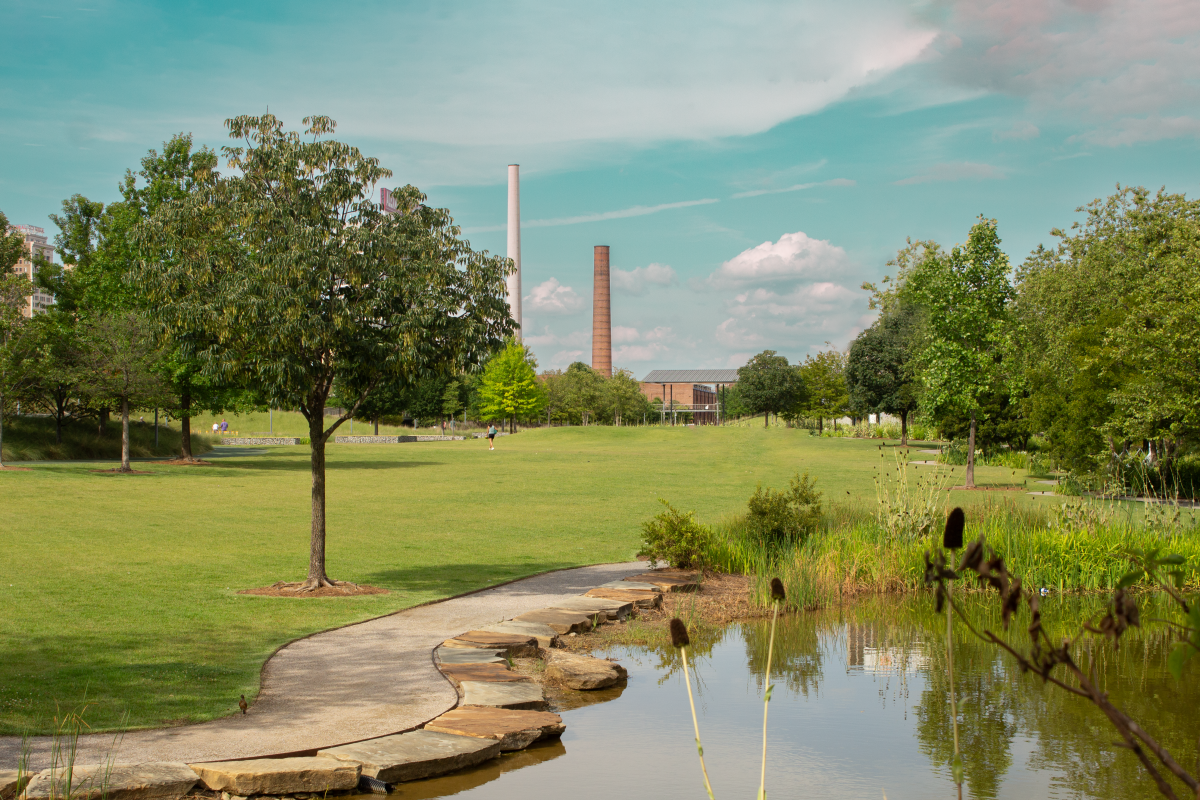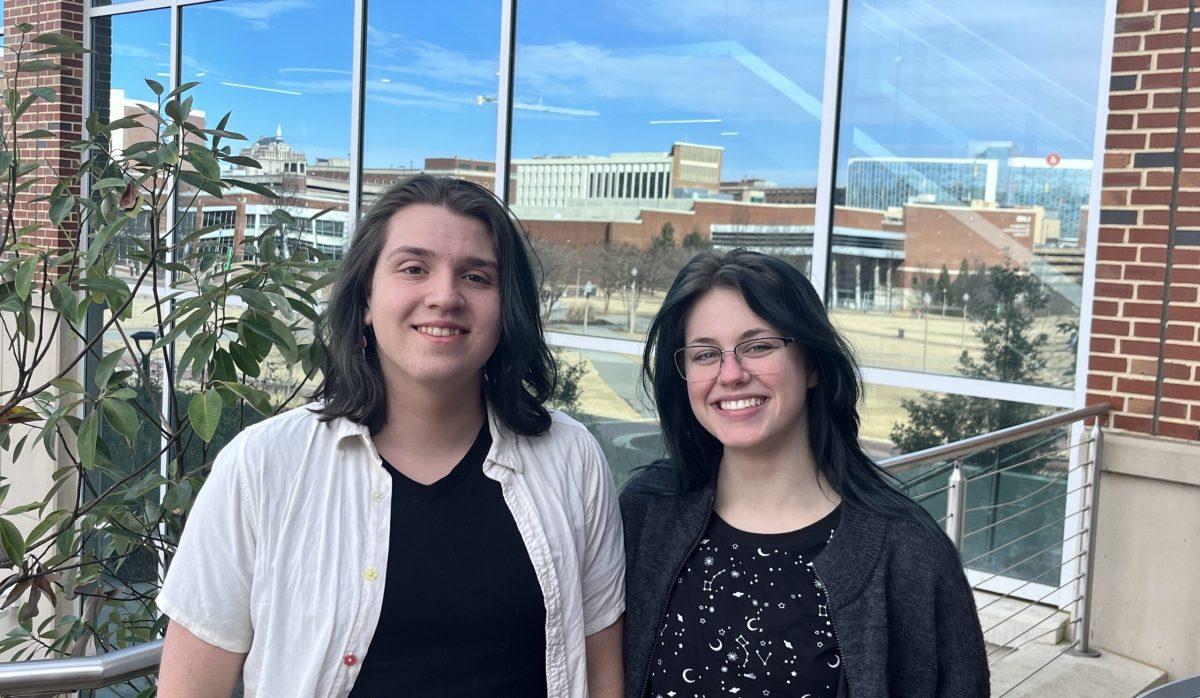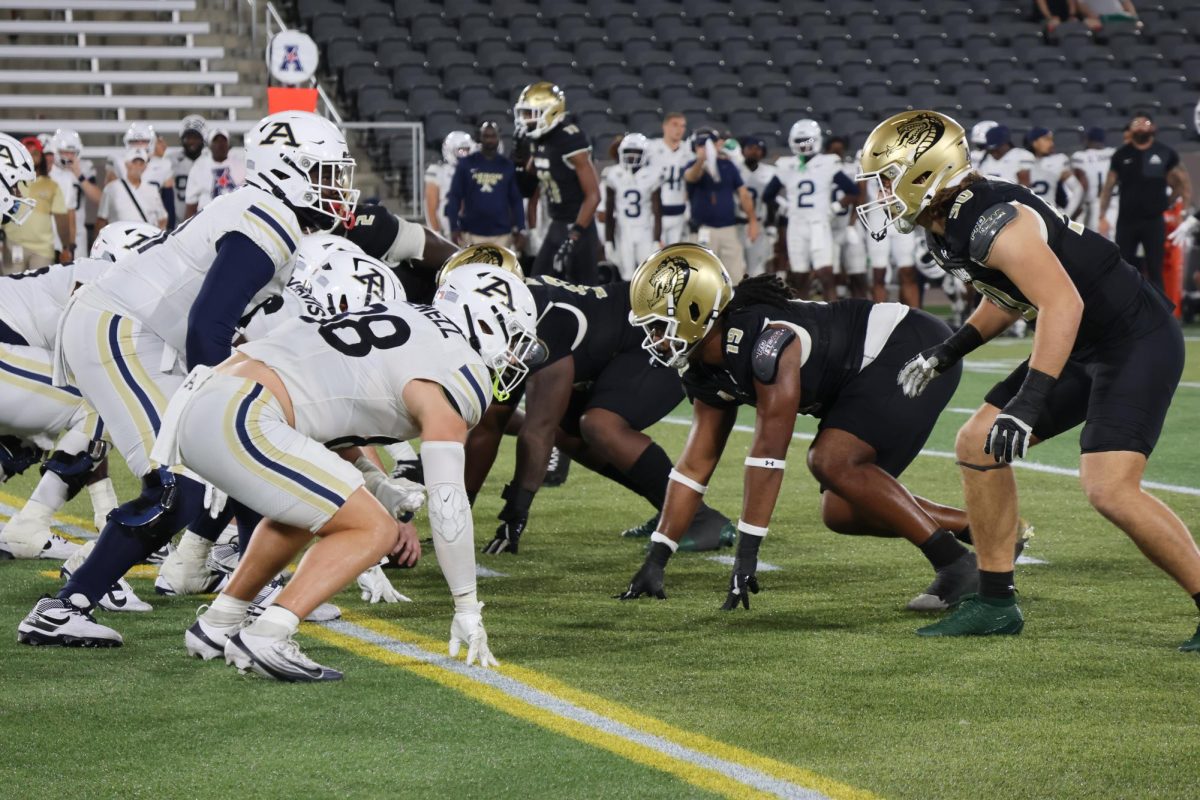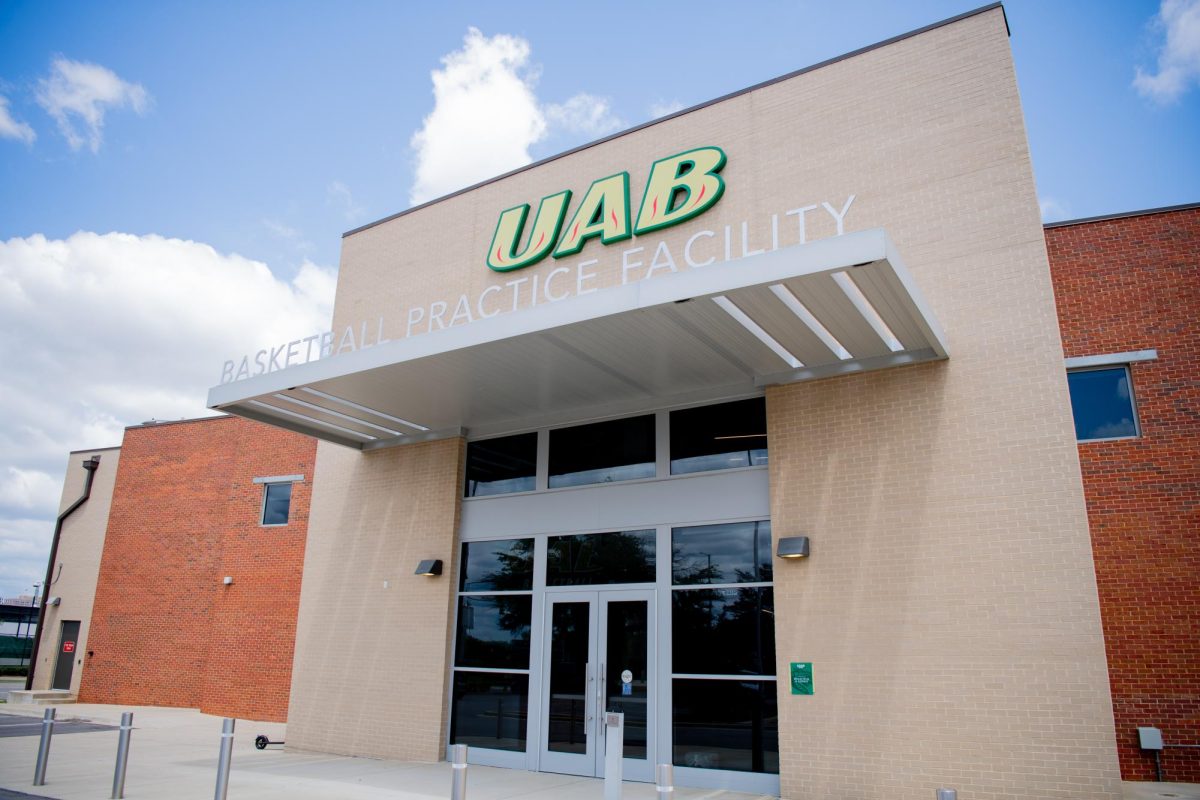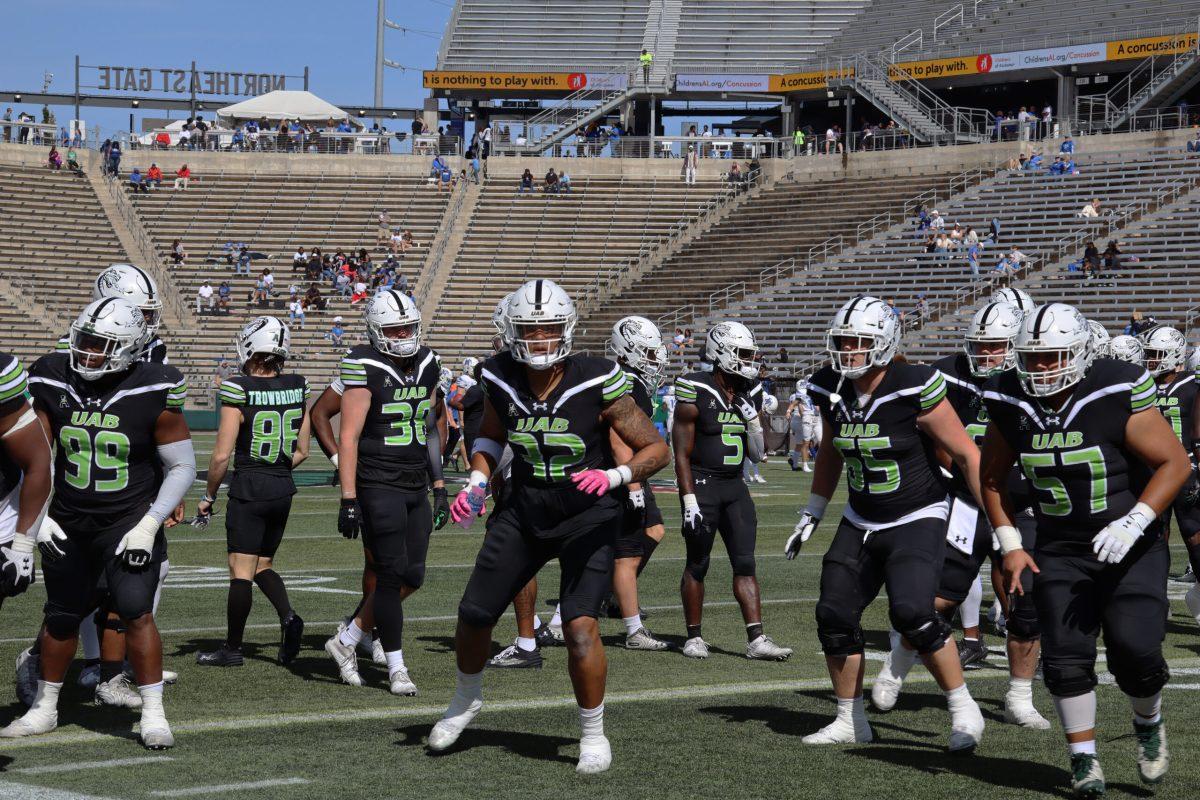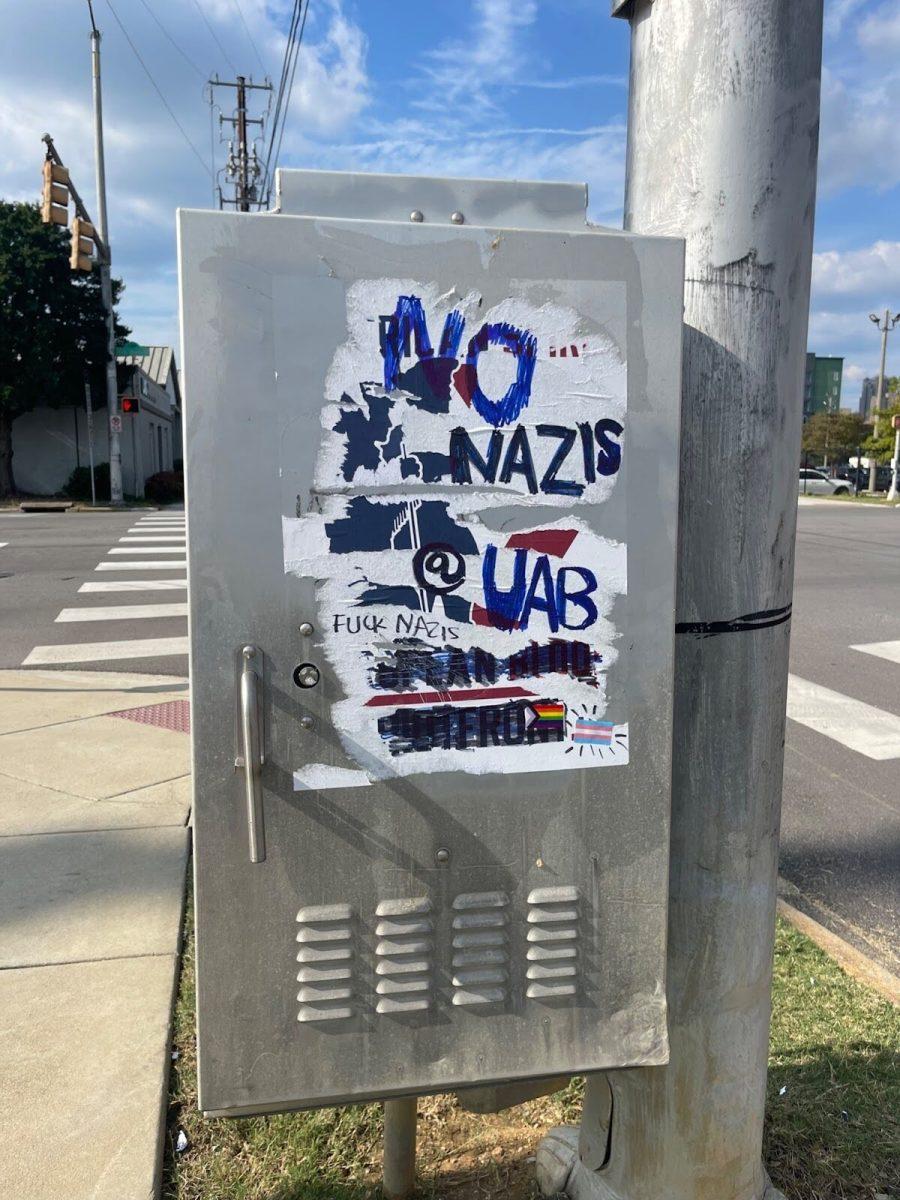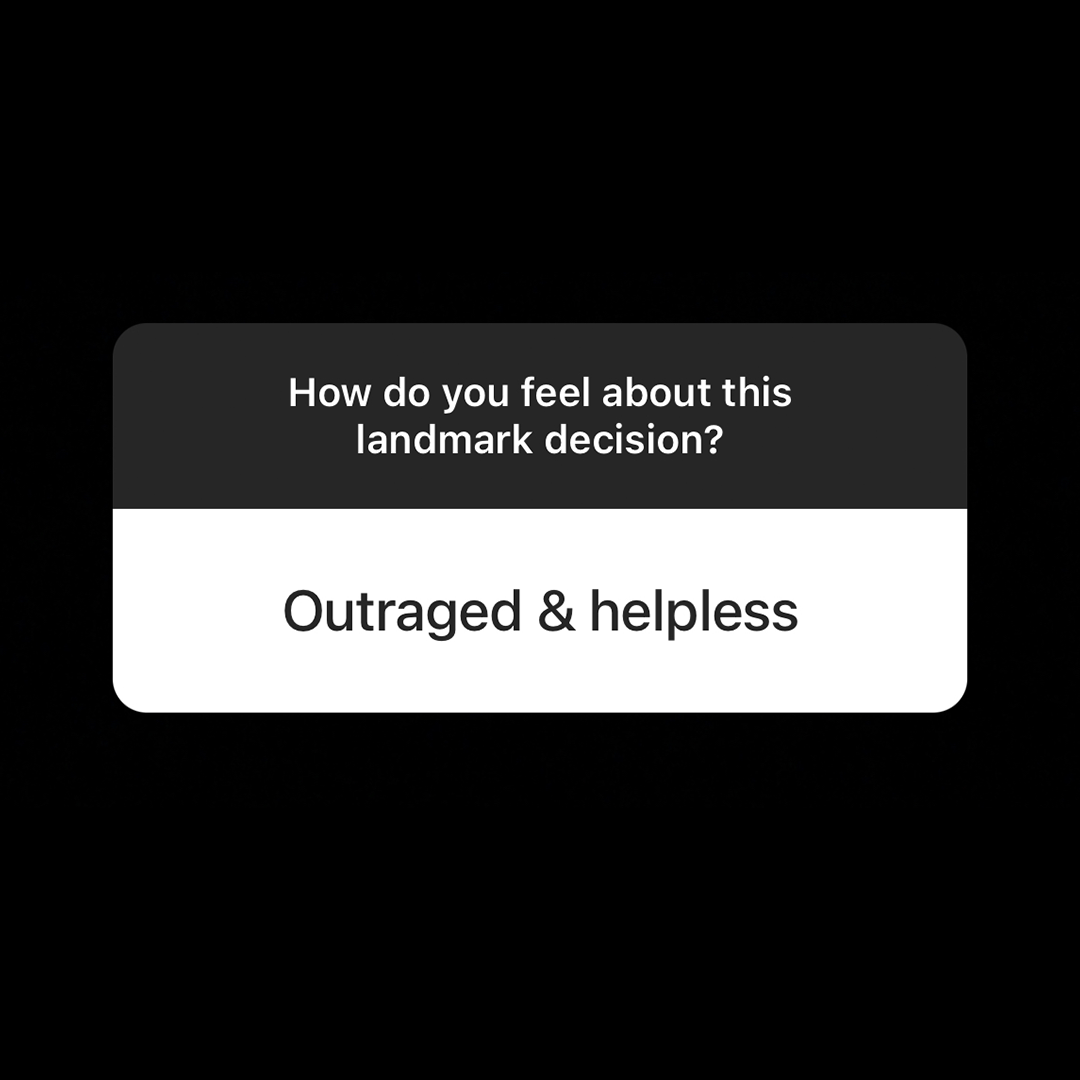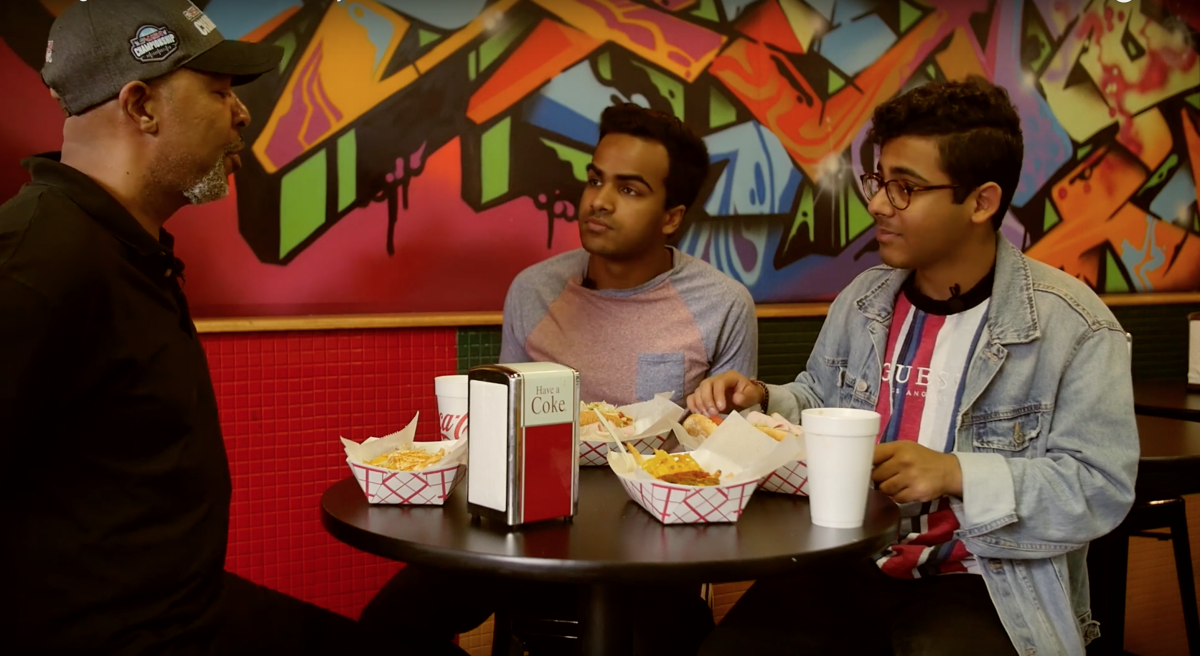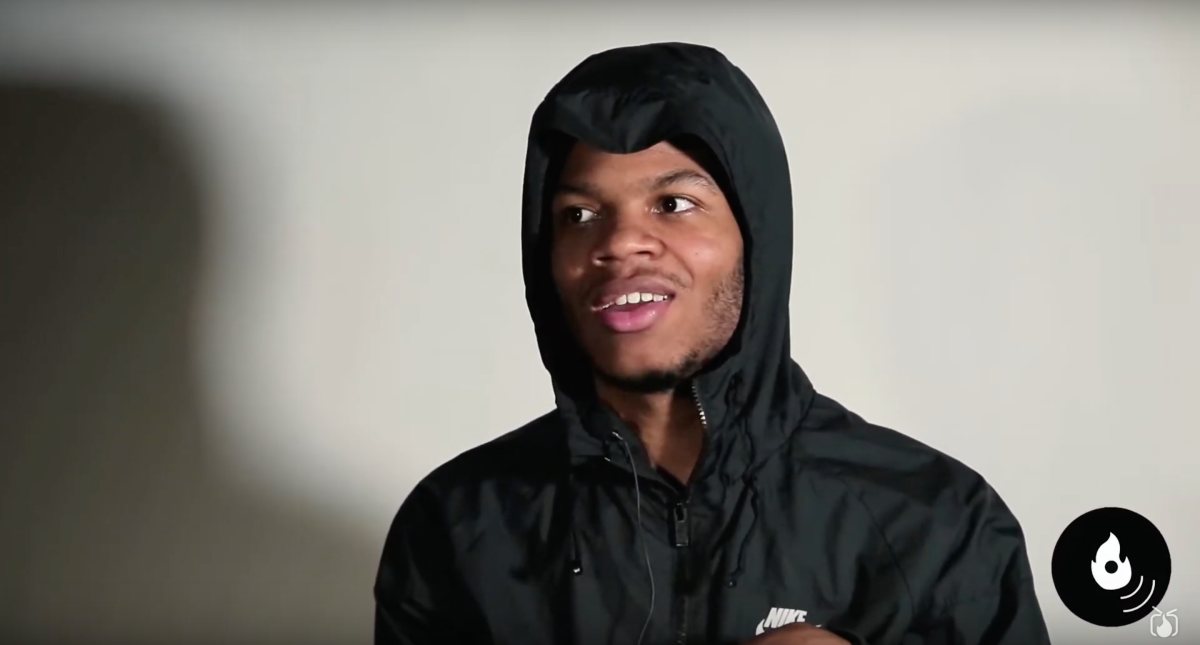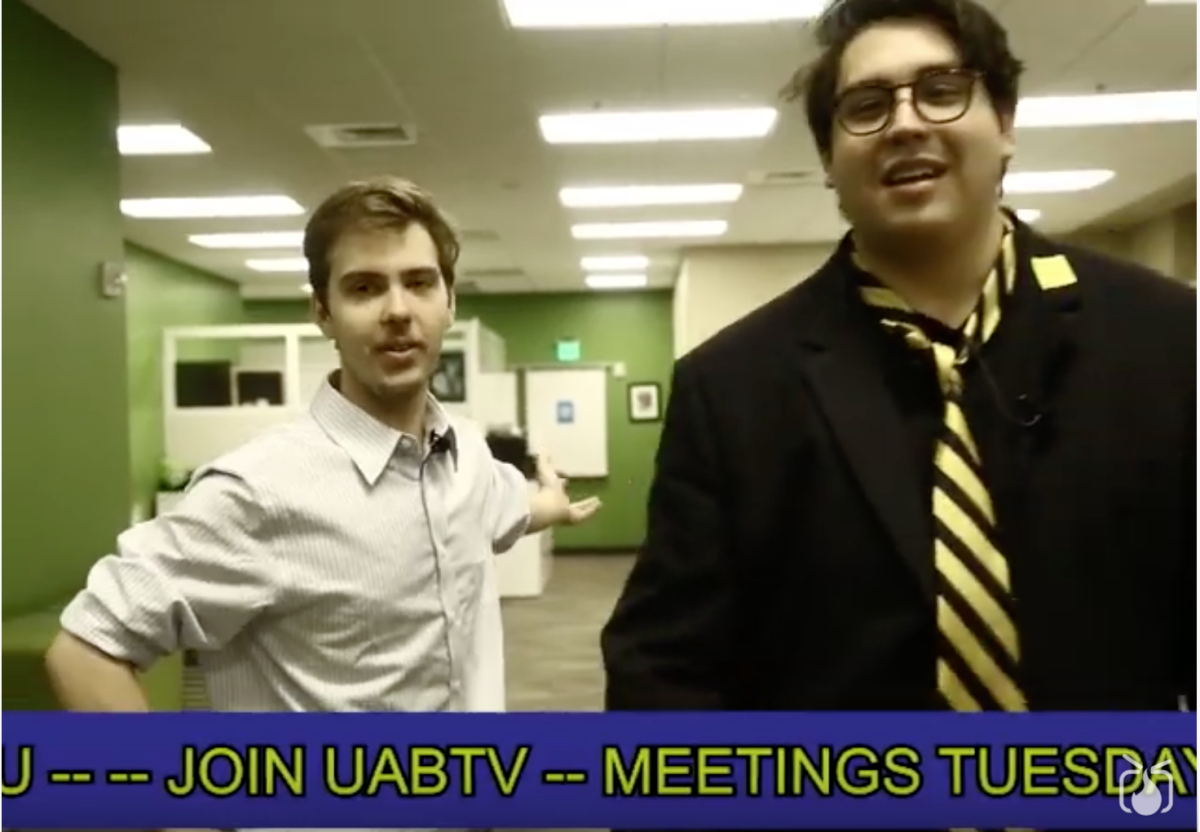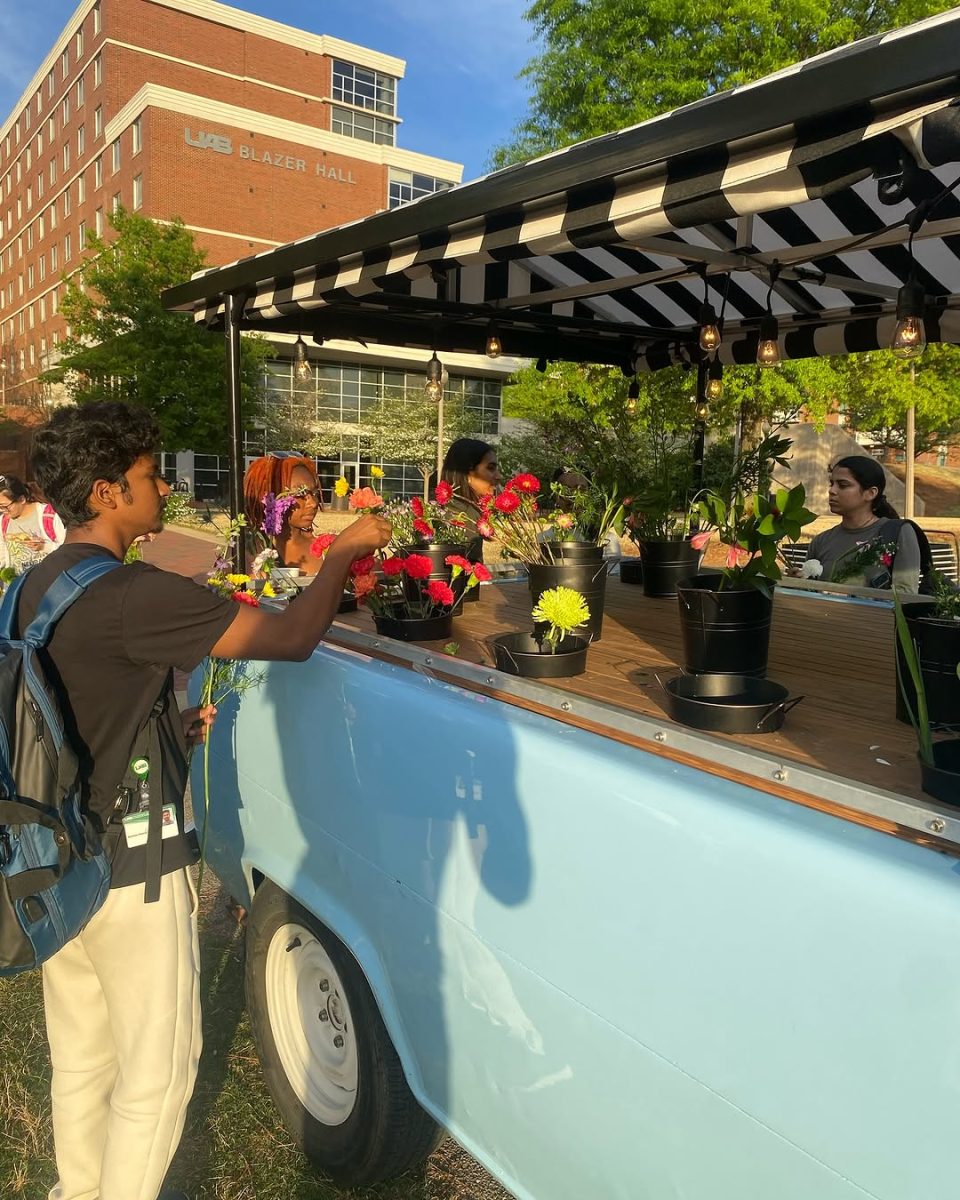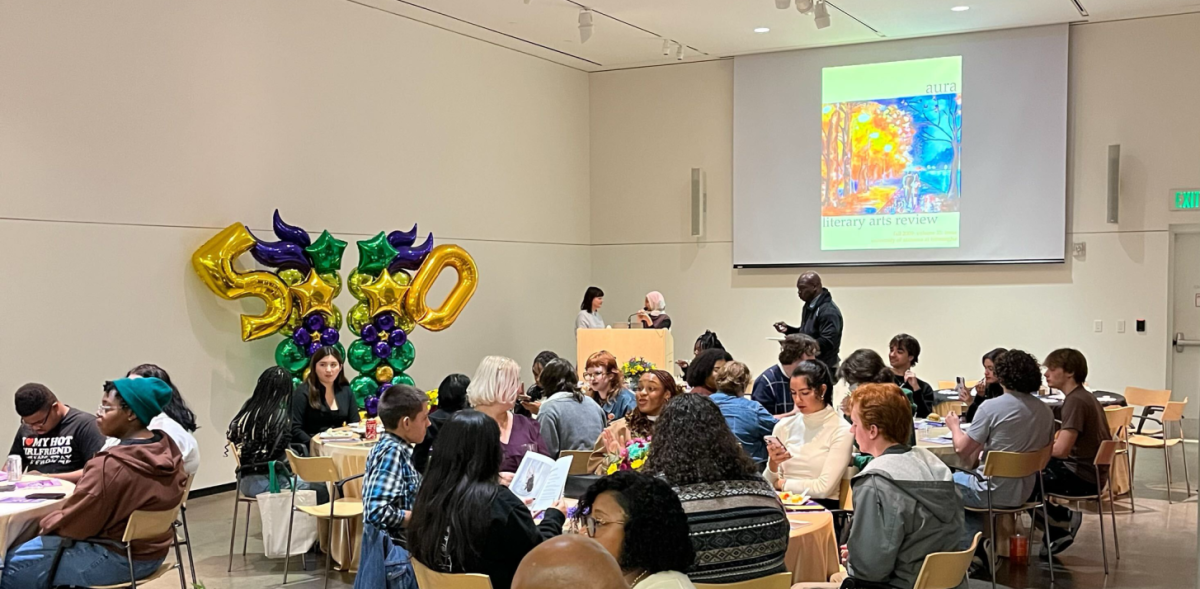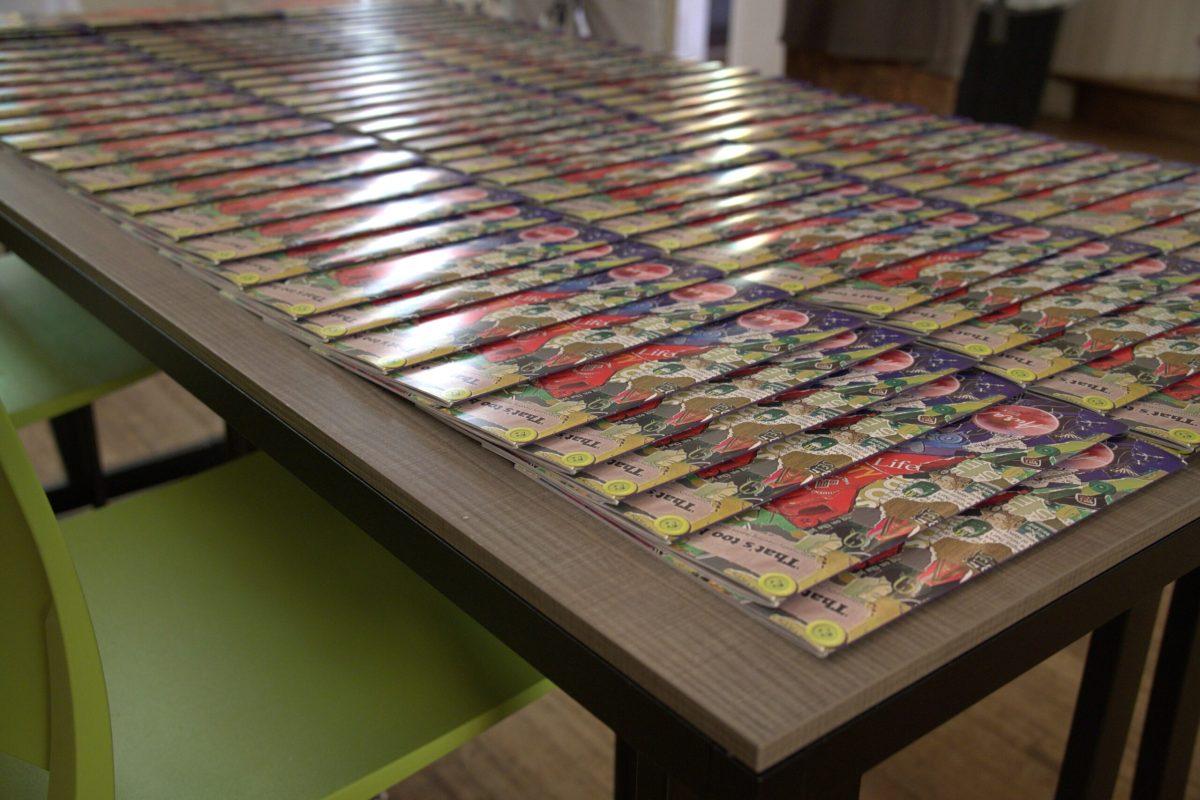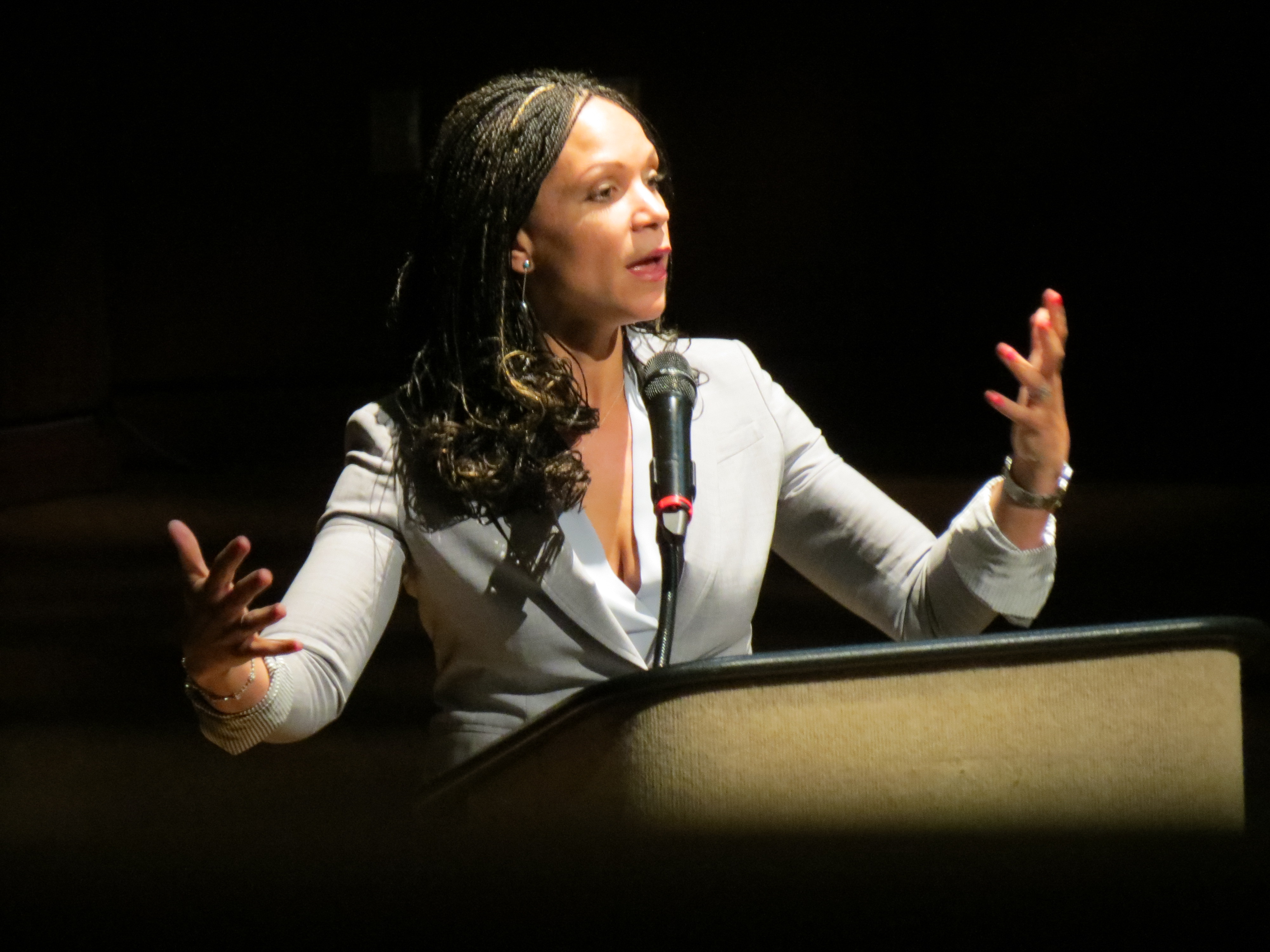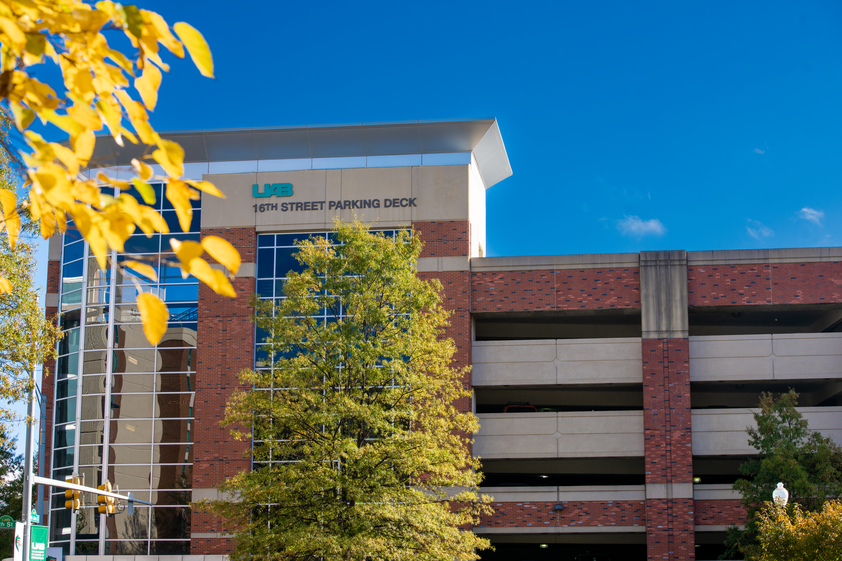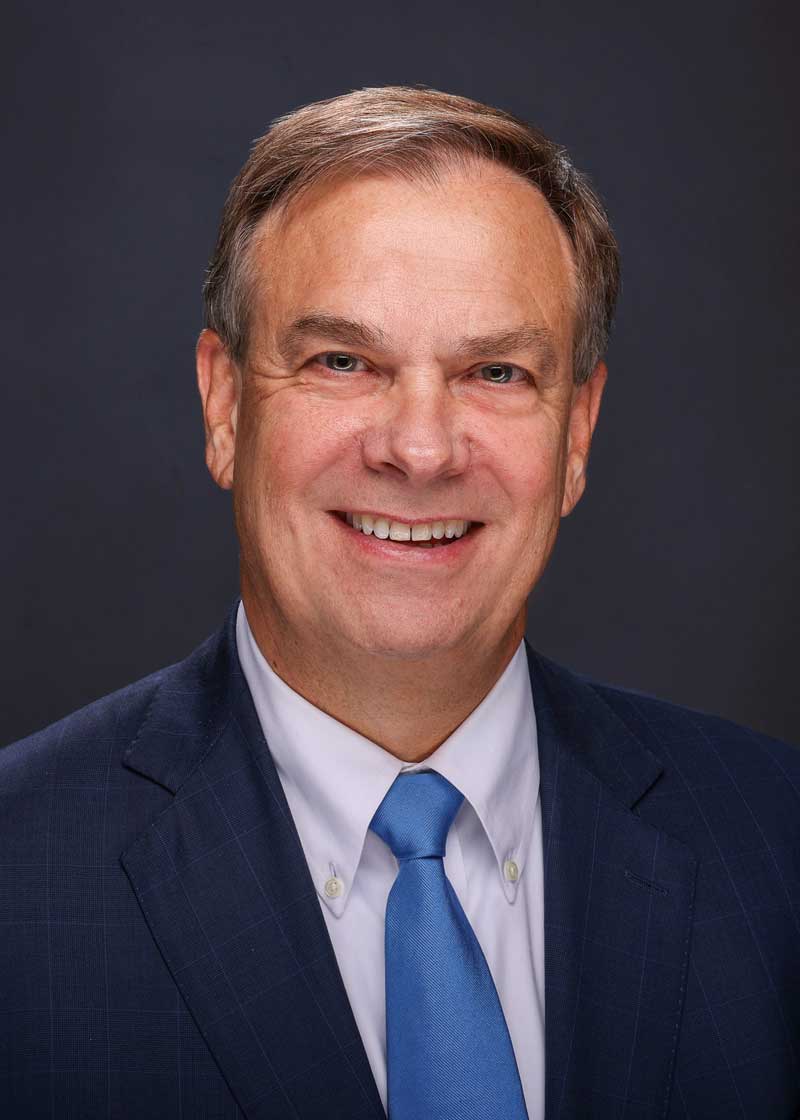Carlene Robinson – Online Editor
[email protected]
Melissa Harris-Perry spoke at the Alys Stephens Center to a crowd of over 500, debating whether we live in a “post racial America” (Photo by Carlene Robinson).
Melissa Harris-Perry, a heralded writer, political science professor and host of MSNBC’s “Melissa Harris-Perry,” spoke to a crowd of about 500 last Monday, sharing a message of concern – concern that maybe Americans are veiled to a certain reality. Politicians and idealists proclaim we are in a “post-racial America,” saying that racism doesn’t even exist anymore, Harris-Perry announced. But, the evidence she presented reveals that we are far from that reality.
Harris-Perry, the author of “Barbershops, Bibles, and BET: Everyday Talk and Black Political Thought,” spoke about educational inequities that still exist: “Black Americans have a lower acceptance rate into higher universities, access to education, access to adequate housing and decent jobs.”
She also mentioned the alarming number of African-American men who are unjustly arrested, or worse, killed by law enforcement. She referenced the 2009 widely publicized arrest of Harvard professor Henry Louis Gates. The 64-year-old Emmy award-winning filmmaker was arrested for allegedly breaking into his own home in Cambridge, Mass. His home. This upper class black professor’s personal dwellings were invaded as if he was a drug dealer. Yet, America is in a post-racial atmosphere.
Harris-Perry also referenced the community’s frustration with the verdict in the Michael Brown Shooting in Ferguson, Mo. as well as the decision in the Trayvon Martin case. It wasn’t the anguish over the death of a young teenager; it was an anger that the police department decided that murder wasn’t a violation of the law in these “special circumstance.” Yet, America is in a post-racial atmosphere.
Despite efforts to remove segregation and racism from our communities, economic and residential segregation has worsened, she noted. This is what shapes our schools, our judgments, and our perceptions of others.
And, this doesn’t just affect African Americans. Last week, in Madison, Ala., police assaulted a 60-year-old Middle Eastern resident for “looking dangerous.” The racial disparities include our immigration laws around our borders. It includes our imperialistic powers to force our beliefs on other countries.
Harris-Perry emphasizes that America is a body, and right now we are attacking ourselves to no repair. “We are asking ourselves, ‘What will black bodies do,’” she asked the audience. “There is this unasked question ‘How does it feel to be a problem?’ Everyone has a problem, but how does it feel when your actual body is a problem?”

